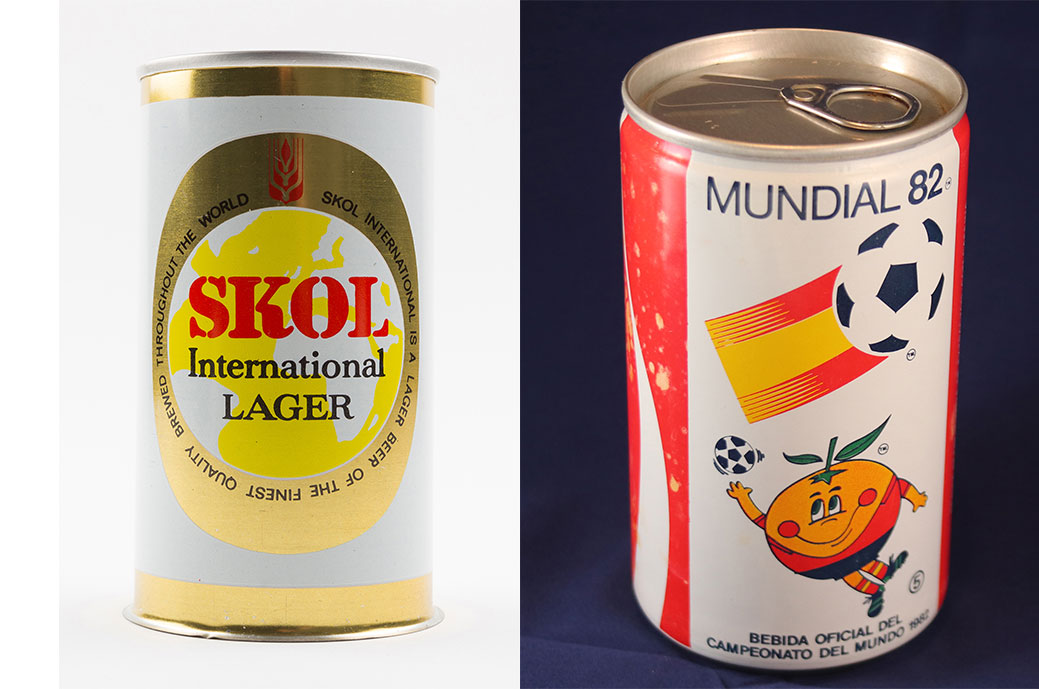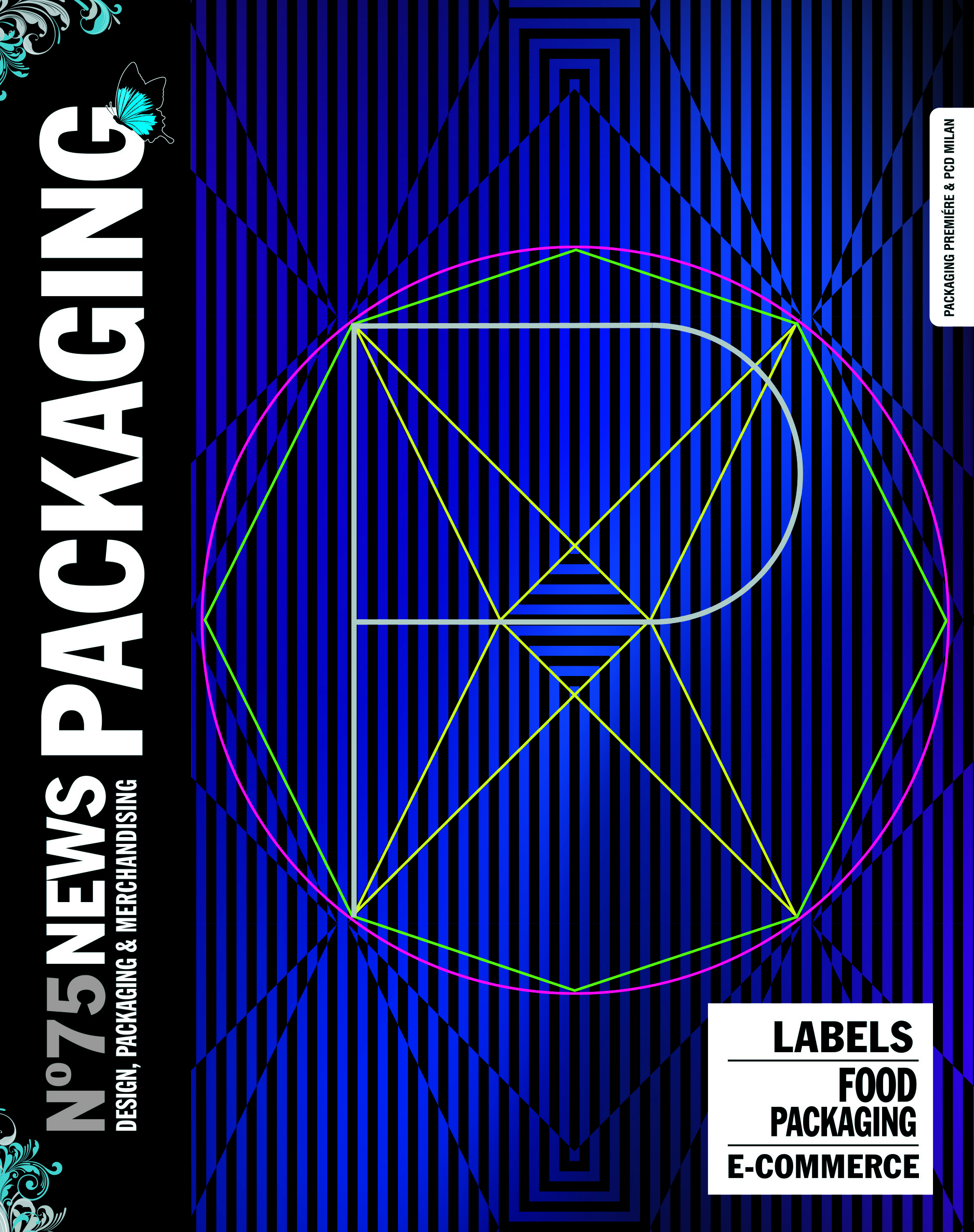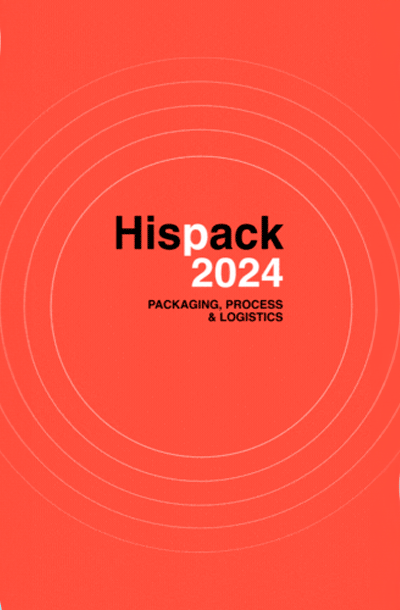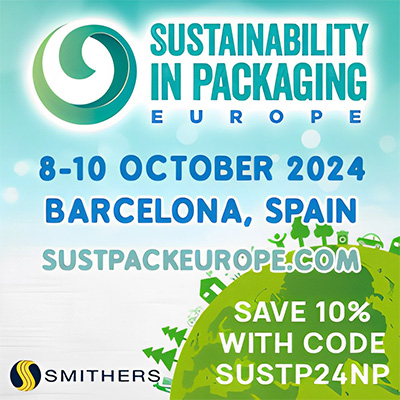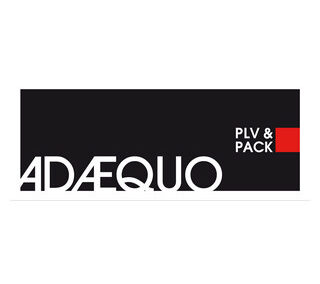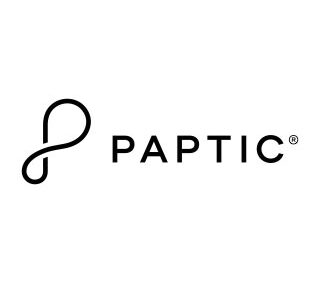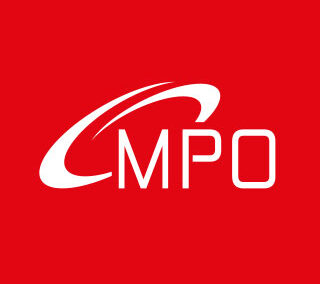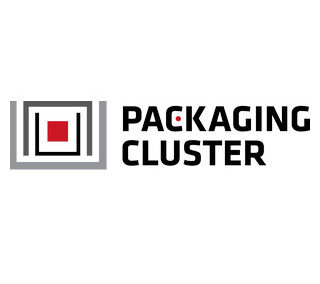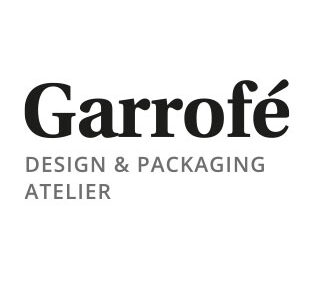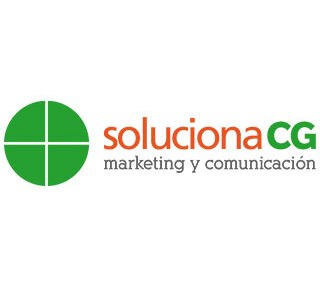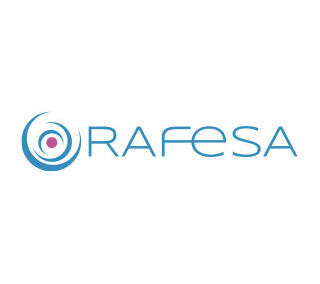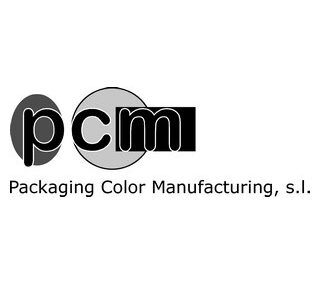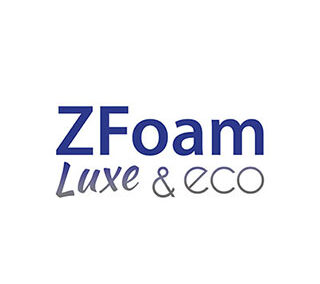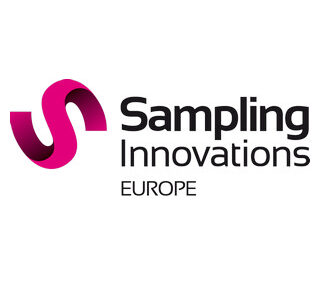Photo: Lata Skol, the first beverage can in Spain (1966), and Naranjito can.
In 2020 the consumption of beverage cans en Spain increased by 4,6% in volume, driven mainly by higher home consumption of beer, a figure that makes sense if we consider how the Covid-19 pandemic has modified traditional purchasing and consumption trends. The reduced influx of visitors and the restrictions imposed on the activity of the hospitality sector have had an enormous impact on the behavior of the beverage can sales channels, transferring part of the consumption to the home.
The Socioeconomic Report of the Beer Sector 2020 prepared by Cerveceros de España, ensures that for the first time in history, the consumption of beer at home (56%) exceeded non-home consumption (44%),
According to studies commissioned by the Beverage Cans Association a IRI, in the modern food channel the sale of canned beer increased by 17,2%, with hypermarkets (with +15,7%) and supermarkets between 2.500 and 1.000m2, (with +21,6 %) those that increased their sales the most. On the other hand, the sale of canned soft drinks in this channel grew by 3,7%, mainly in hypermarkets (+ 8,1%) and in supermarkets between 2.500 and 1.000m2 (+ 6,2%).
Opinion study
Metal Packaging Europe (association that brings together European producers of containers metallic: beverage cans, food cans, aerosols, lids, closures and other consumer products) commissioned Ipsos to conduct an opinion survey in 7 European countries to find out the consumer's perception of the beverage can. At the end of 2020, 1.000 telephone surveys were conducted in Spain, to people between 18 and 65 years old.
The results leave no room for doubt: 6 out of 10 respondents stated that they consume cans of beverages at least once a week and even 11% do so daily (doubling the European average). Curiously, the consumption of beverage cans is higher in the 25-65 age group than among those 18-25 years old.
Another finding of the study carried out by Ipsos is that, after consumption at home, 83% of Spaniards claim to separate the beverage cans for recycling in the yellow container. In less than 60 days, this aluminum returns to the consumer's hands in the form of a new can or other objects, an example of a circular economy. 61% of Spaniards consider that the can is easy to recycle, however, when asked what measures would be more effective to increase recycling when consumed outside the home, the most mentioned was, with 86% of those surveyed, have more containers for recycling. Another interesting fact is that 59% of those surveyed emphasize that everything can be recycled from the can. Metal Packaging Europe's roadmap targets 100% recycling of aluminum beverage cans by 2030.

